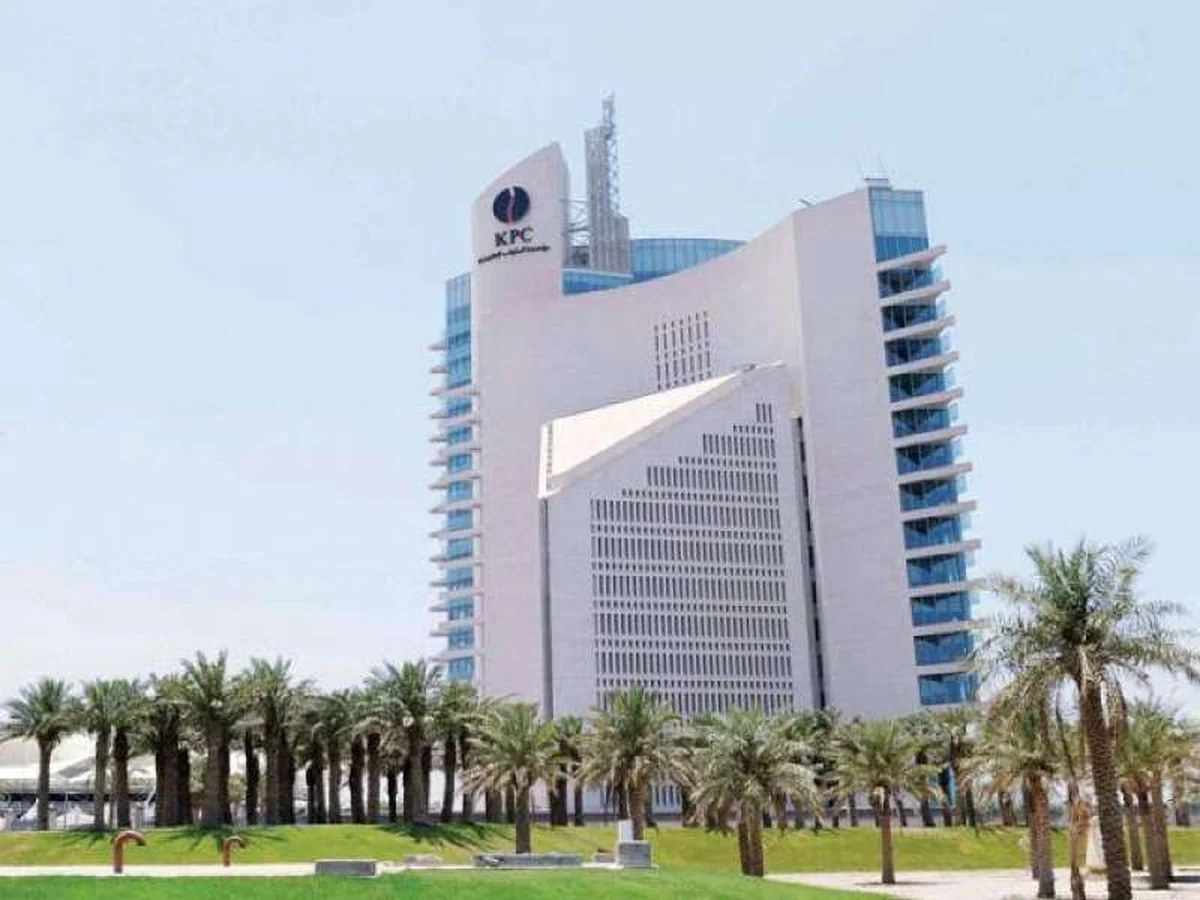02/08/2025
02/08/2025

KPC Kuwait Petroleum Corporation headquarters
It is time for the Board of Kuwait Petroleum Corporation (KPC) to take a hard look at the corporation’s approved strategy. A comprehensive analysis and discussion are needed to evaluate whether KPC has achieved its objectives, or if it has fallen short, and the reasons. KPC operates in 10 oil and oil-related sectors, covering the full spectrum from upstream to downstream activities. These include refining, local and international marketing, shipping, and operating Q8 gas stations in Europe and the Far East.

Ideally, this should be achieved within the next 5 years, as there is an urgent need to boost production to at least 3 million barrels per day to ensure our domestic refineries operate at full capacity. In this way, Kuwait can generate higher returns, earning $3 to $6 more per barrel for finished products. With some of the world’s most advanced refineries, both locally and overseas, Kuwait has a refining capacity of over 1.8 million barrels per day, which currently accounts for around 66 percent of its total crude production. This imbalance contradicts our established policy of refining only 50 percent of total production and highlights the need to accelerate crude oil output to meet the strategic goal of three million barrels per day.
To achieve this, Kuwait may need to call on international cooperation. Perhaps it is time to engage with major international oil companies, not merely as service providers, but as partners. These companies are no longer interested in rental contracts, but they seek equity participation and a share in any new oil discoveries. The time has come for Kuwait to follow the example of our neighboring oil-producing countries, such as Iraq, Iran, the UAE, Qatar, and Bahrain, which have adopted models of shared ownership in new oil discoveries. While the specific terms of how many barrels are shared per discovery remain confidential, the outcome is clear - increased oil production and, as a result, higher daily revenues from the sale of Kuwaiti crude oil.
Of course, some will strongly object, citing national sovereignty and the belief that we should not share our primary source of income and national wealth. However, the reality is that we lack the technical expertise and experience to manage complex oil reserves, especially those involving water-associated oil.
Kuwait, with crude oil reserves exceeding 90 billion barrels, cannot afford to lag while production remains stagnant at 2.7 million barrels per day. It is time to face reality and set aside narrow self-interests. Like other oil-producing nations, we must focus on increasing production, boosting revenues, and reducing our annual budget deficits. With greater crude oil production, KPC can improve operational efficiency and consequently generate more revenue for the state.
By Kamel Al-Harami
Independent Oil Analyst
Independent Oil Analyst
email: naftikuwaiti@yahoo. com


